

Let’s Talk about the Menopause
Symptoms, Support and our New Service
Today is World Menopause Day
Today is World Menopause Day, and whatever you have heard it being called, whether it’s ‘the change’ ‘the internal furnace’ or ‘reverse puberty’, The nicknames given to the menopause don’t make it sound like a pleasant time of life.
But, despite the fact that nearly all women will go through the menopause at some point in their lives, many don’t know all that much about it.
Menopause is currently a hot topic in the media, which means we’re all becoming better informed. But there is a lot of information out there, especially online, which is leaving some women with more questions than answers.
We’ve asked our Menopause Expert, Dr Ewa Craven, to give an overview of the Menopause and how the new service she is leading at our hospital, can help change the lives of women who are currently struggling through the menopause.
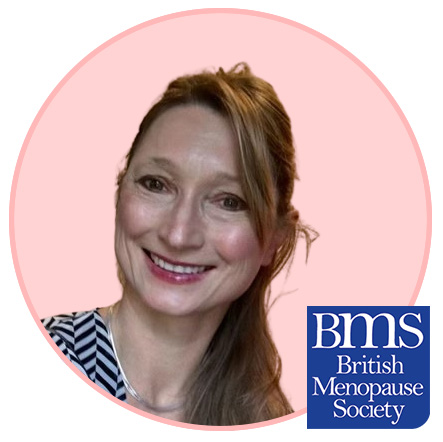
What is the Menopause?
The menopause refers to that time in every woman’s life when her periods stop and her ovaries lose their reproductive function.
The menopause is clinically diagnosed when your periods have stopped for 12 consecutive months. Usually, this occurs between the ages of 45 and 55, but in a few exceptional cases women may become menopausal in their 30s, or even younger.
It’s a normal part of ageing and usually occurs as oestrogen levels decline. At any given time, around 13 million women in the UK are experiencing the menopause.
There’s no exact time that menopause starts or ends and no specific length of time that someone’s menopause lasts – everybody’s journey is unique to them.
There are three stages of menopause:
1. Perimenopause
2. Menopause
3. Post-menopause.
Here’s a closer look at what happens during each one.
Perimenopause: The beginning of menopause
Perimenopause – or pre-menopause – is a word that means “around menopause” and it’s when symptoms begin, leading up to menopause. This stage typically starts about 4-8 years before menopause.
The age at which perimenopause begins varies – some women notice it in their 40s, but others can experience it as early as their mid-30s.
When you enter perimenopause, you’ll probably start to notice some early menopause symptoms, such as changes to your period or mood. These changes happen because your body’s estrogen and progesterone levels are starting to naturally decline.
Menopause: The end of your menstrual cycle
Menopause refers to a specific point in time when your periods stop.
You’re only in the menopause phase for one year, because when you’ve gone 12 consecutive months without a period, you enter post-menopause.
Reaching menopause means that you’re no longer able to become pregnant. Every woman – except for those who’ve had their ovaries removed before puberty – will go through menopause.
Post-menopause: After menopause
Post-menopause simply means “after menopause”, and you reach this point when it has been 12 months since your last period.
Post-menopause signals the end of your reproductive years, and you’ll be in this stage for the rest of your life.
While your ovaries are still making low levels of the hormones oestrogen and progesterone, you are no longer ovulating, so you can’t become pregnant.
You’ll continue to experience menopause symptoms for about 2-7 years after your final menstrual cycle – it can be longer for some people – but after that time, symptoms often get milder or completely go away.
Women in post-menopause are at a higher risk for certain health conditions like heart disease and osteoporosis.
When does the menopause start?
The menopause often naturally happens between the ages of 45 and 55. The average age for when the menopause starts in the UK is 51.
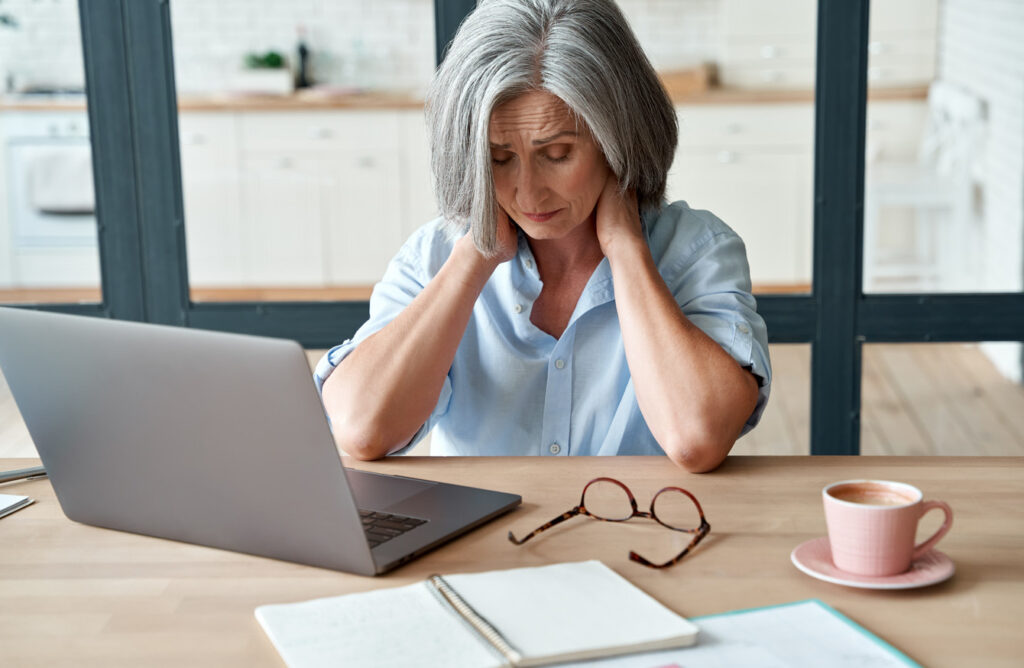
According to the NHS, around 1 in 100 people experience the menopause before the age of 40, which is known as premature menopause. It’s defined as a point in time 12 months after a person has their last period.
The menopause can also happen due to treatments such as chemotherapy and radiotherapy, or when the ovaries are removed due to a hysterectomy.
What are the symptoms of menopause?
Over 60% of people going through menopause will experience symptoms. Below are some of the most common symptoms:
• Low mood or anxiety
• Reduced sex drive
• Issues with memory and concentration
• Hot flushes
• Night sweats
• Vaginal dryness or discomfort during sex
• Trouble sleeping
Over 60% of women experience symptoms resulting in behaviour changes and one in four women will experience severe debilitating symptoms.

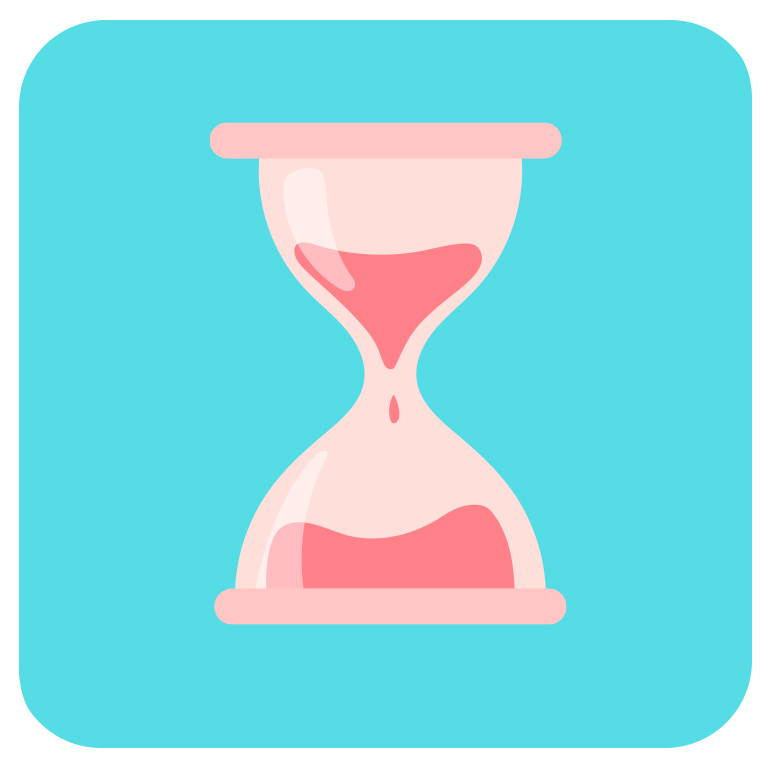



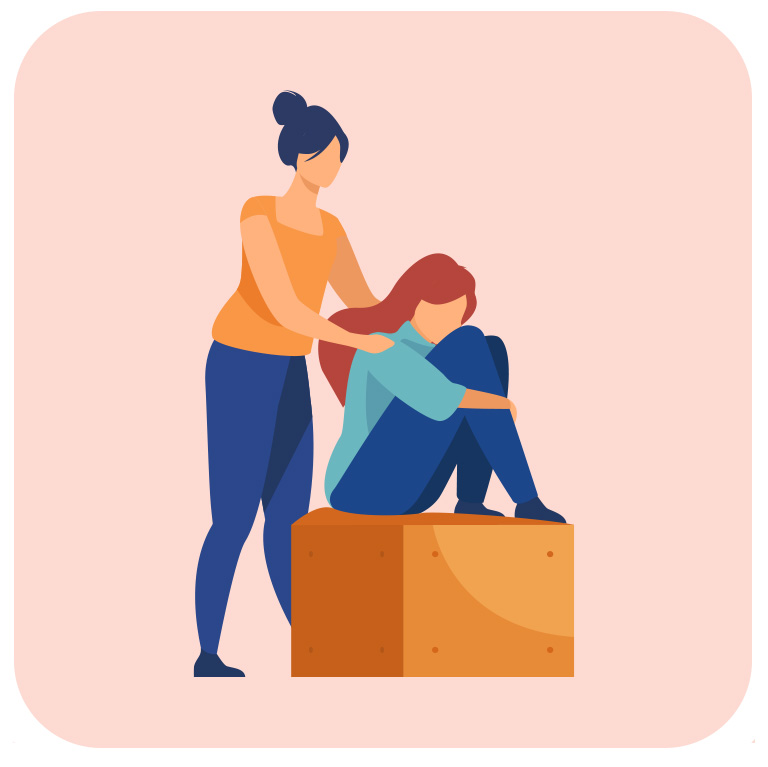
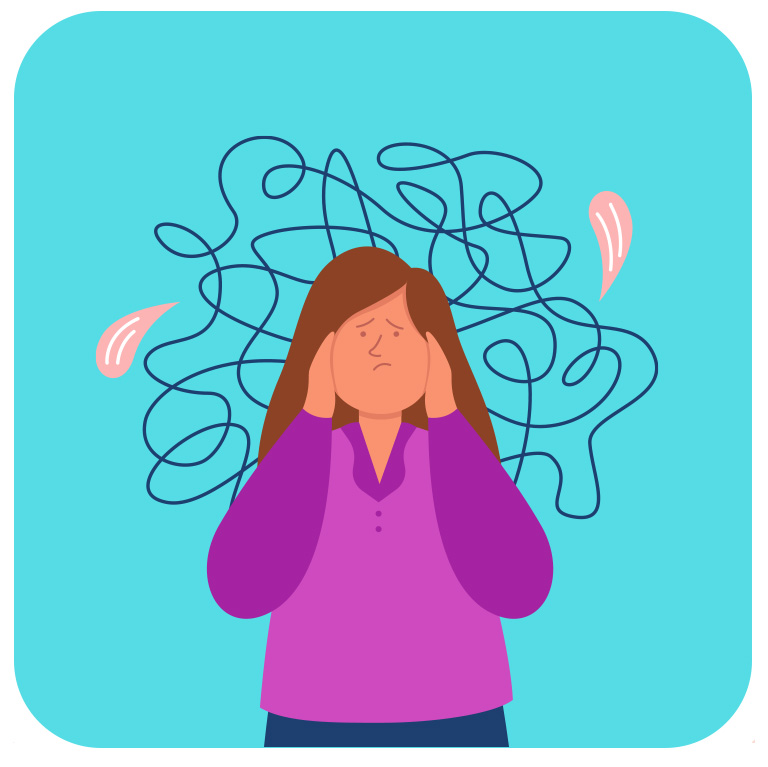

How long does the menopause last?
Symptoms such as the ones mentioned above, can begin months or even years before the final period, and in some cases last up to 15 years after. Menopause symptoms last on average for around four years.
When should you see a doctor for menopause help?
The way you experience each stage of menopause will be unique. For example, you may not experience anxiety, but insomnia may leave you feeling chronically tired and irritable. Or perhaps the first sign of change is vaginal dryness.
In many instances, Menopause symptoms can often be managed by maintaining a healthy diet, exercising regularly and medications. But if your symptoms are intense enough to affect your daily life and keep you from doing the things you love, that is the time to seek advice and care for menopause symptoms.
Ready to talk menopause? We’re here for you at any age and any stage.
At Greater Lancashire Hospital, we will help you thrive through menopause, under a new menopause service led by our expert Dr Ewa Craven who is a British Menopause Society Accredited Specialist and community GP.

Our dedicated menopause service provides personalised care, advice and management to women experiencing problems associated with the menopause.
Dr Ewa Craven is a real advocate of women’s health and believes every woman deserves the time to explore her symptoms and every option available. Women are not all the same and your treatment plan needs to be as unique as you are.
Our diagnosis involves listening to you and your symptoms, from then we will form an effective treatment plan to get you back to living a life you love.
Every women should have a general health check and bone health discussion at this time in life and we are here to provide this advice.
Why Choose Greater Lancashire Hospital?
- Speed. Get seen FAST by cutting out 6 Month NHS waiting times.
- Service The best service. Dr Ewa has the highest accreditation in Menopause & is highly experienced in this field.
- Affordable We have AFFORDABLE pricing & payment plans to suit everyone.
Virtual Consultations are available and you can self-refer to use this service.
If you would like to know more or book a consultation with Dr Ewa, get in touch with our friendly and discreet team on 01772 663977 or you can email:
